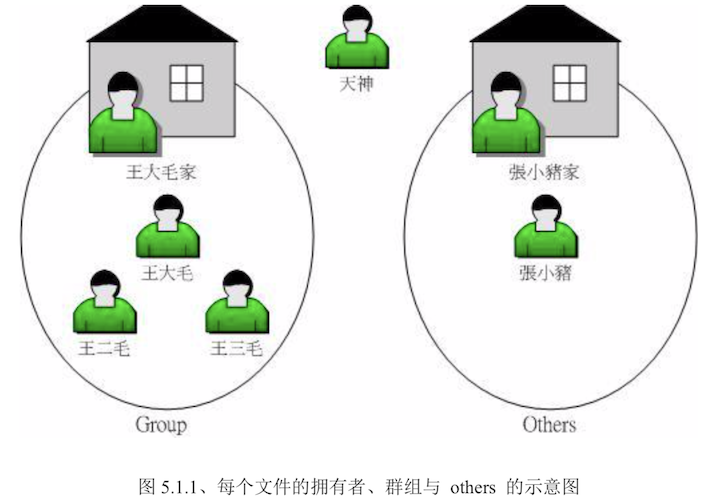#include <stdio.h>
#include <stdlib.h>
#include <unistd.h>
#include <sys/wait.h>
#include <sys/stat.h>
#define MAXLINE 4096
int parse(char *, char * * );
int main(void)
{
pid_t pid;
char *rt;
char buf[MAXLINE];
int status;
char *args[64];
int argnum = 0;
while (1)
{
printf("%% "); //print prompt
rt=fgets(buf, MAXLINE, stdin);
if(rt==NULL)
{
printf("fgets error\n");
exit(1);
}
if(!strcmp(buf,"\n")) //deal with enter only
{
printf("%% "); //print prompt
continue; //end loop this time
}
if (buf[strlen(buf) - 1] == '\n')
buf[strlen(buf) - 1] = 0; //replace newline with null
argnum=parse(buf, args); //analyze user input to get argnum and args
if((strcmp(args[0],"logout")==0)||(strcmp(args[0],"exit")==0))//exit shell
exit(0);
else //execute other command
{
if ((pid = fork()) < 0) //fork
{
printf("fork error,please reput command\n");
continue; //end loop this time
}
else if (pid == 0)
{//child
execvp(*args, args);
printf("couldn't execute: %s\n", buf);
exit(127);
}
//parent
if ((pid = waitpid(pid, &status, 0)) < 0)
printf("waitpid error\n");
}
}
exit(0);
}
int parse (char *buf, char **args)
{
int num=0;
while (*buf != '\0')
{
while((* buf ==' ')||(* buf == '\t'||(*buf == '\n')))
*buf++ = '\0'; //该循环是定位到命令中每个字符串的第一个非空的字符
*args++ = buf; //将找到的非空字符串 依次赋值给args[i]。
++num;
while ((*buf!='\0')&&(* buf!=' ')&&(* buf!= '\t') && (*buf!= '\n'))//正常的字母就往后移动,直至定位到非空字符后面的第一个空格。
buf ++;
}
*args = '\0';
return num;
}







最新评论